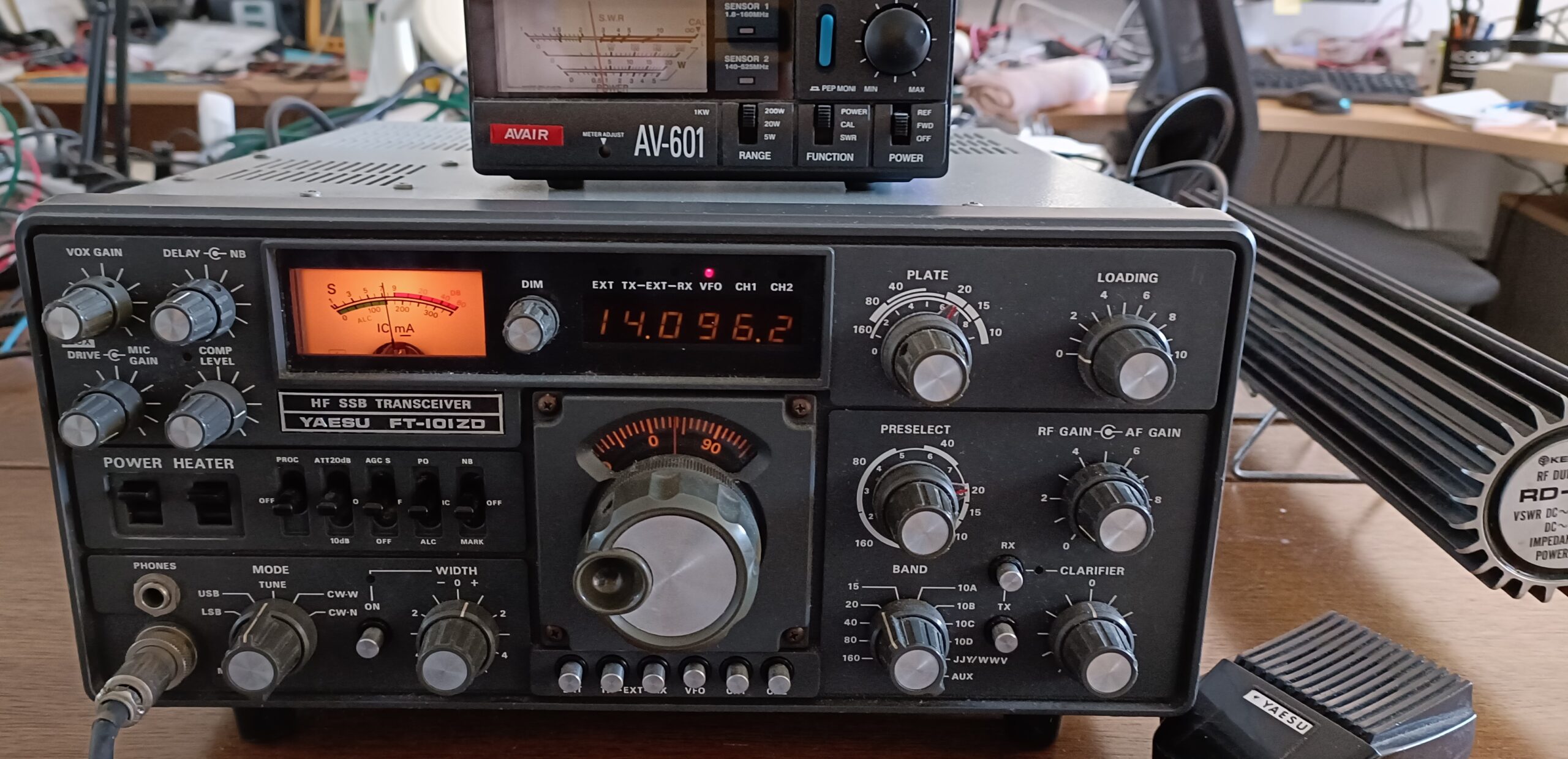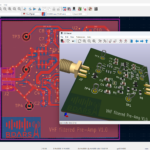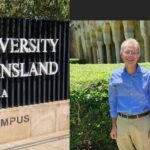Getting Your Amateur Radio Operator Foundation Licence is Easier Than You Think

The next Examination Session details are here
Earning your Amateur Radio Operator Foundation licence opens the door to a world of opportunity. You’ll be able to connect with people all over the world, participate in emergency communications, and learn new skills that are both fun and valuable. But navigating the licensing process and mastering the required syllabus can seem daunting. That’s where our radio club (BDARS) comes in.
At BDARS, we understand that everyone learns differently. That’s why we try to offer a variety of learning methods to cater to different learning styles. Whether you prefer face-to-face instruction in a classroom setting, interactive online courses, video-based learning modules, or self-study with the support of books and online resources, we have – or can suggest – options to suit your needs.
We also recognise that people come from diverse backgrounds and may have different levels of prior experience. Some may have been out of formal education for many years, while others may have never taken an exam before. Our friendly and inclusive approach ensures that everyone feels comfortable and supported throughout their learning journey. We create a non-judgmental environment where you can learn at your own pace and ask questions without hesitation.
We can help you master the syllabus : The ACMA syllabus (Foundation level) covers a wide range of topics, including:-
- Radio waves and propagation
- Radio technology and equipment
- Operating procedures
- Legislation and regulations
- Safety practices

However, the good news is that Morse code is NOT required!
Trying to learn all of this on your own can be challenging. At BDARS, we offer comprehensive training in conjunction with some external resources that break down the syllabus into manageable modules. Our experienced instructors can explain complex concepts in a clear and concise way, and you’ll have plenty of opportunities to ask questions and get clarification.
Hands-on Learning Builds Confidence
One of the most important aspects of getting your Amateur Radio Operator Foundation licence is gaining hands-on experience. In our approach, you’ll participate in practical sessions that will give you the confidence to connect up and operate on the amateur bands. You’ll learn how to use real radio equipment, practice your operating skills, and get comfortable with the procedures you’ll need to know to communicate effectively.

By combining methods of instruction with practical experience, it is our goal to see you pass your licence exam with flying colours. For more information on the Amateur Radio Operator Foundation licence and syllabus, visit the Australian Communications and Media Authority (ACMA) website.
I’ve already studied, I just want to take the assessment!
BDARS has a number of ACMA accredited assessors in our membership who often use club facilities to undertake assessments – but you can approach any accredited assessor in Australia; they don’t have to be one of our members.
To learn more about our training capability,or, if you just want to reach out to our member assessors through the club, simply send an enquiry email to info@bdars.org.au with your request. We will then contact you by phone or email to discuss your interest.
OK, I’ve got my licence – now what?
No matter where you are on the journey to get licenced, we encourage you to join a club of like-minded amateurs so that you can keep learning and updating your knowledge and skills.
All amateurs are on a never-ending learning journey in the fascinating world of radio, electronics and technology.
We would welcome you to join BDARS as a member at any time (even before you have your licence), but we also recognise that you may feel a better fit in another club. That’s OK too – we just want to see you linked in and connected into an active and supportive community so that you can keep learning.
Further Info:
Our Training and Assessment Strategy provides more detail about how we support our community.
The Wireless Institute of Australia (the WIA), who are the primary representative body of Amateur Radio Operators in Australia provide information on their website and publish a printed Foundation Manual.
The Radio Amateur Society of Australia (RASA) also support the interests of Radio Amateurs in Australia, and not only provide useful information on their website including free e-magazines (QTC Magazine) but also publish two e-books for operators and Foundation learners which are free to download. They also have a special website explaining ” This is Amateur Radio. “
The Australian Communications and Media Authority (ACMA) is the government body which regulates Amateur Radio in Australia. They have lots of important information on their website and in documents available for download.



